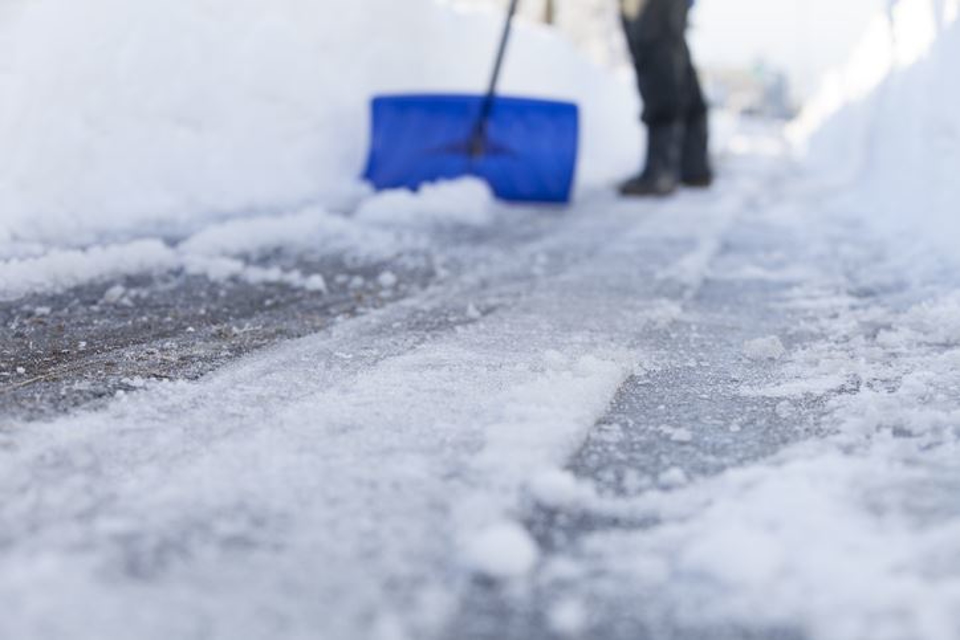Slip-and-fall accidents, hazardous stairways, falling objects, and uneven sidewalks are just a few examples of unsafe conditions that can lead to serious injuries on someone else's property. From grocery stores to apartment complexes, property owners in Connecticut have a legal responsibility to maintain safe conditions for visitors. When they fail to do so, injuries can occur, and premises liability law entitles victims to pursue compensation for their suffering.
Understanding the injuries commonly associated with premises liability cases can help victims recognize when they may have a valid claim. Here are some of the most frequent injuries resulting from property owner negligence.
1. Slip and Fall Injuries
Slip-and-fall accidents are among the most common premises liability incidents. They can happen due to wet floors, icy walkways, spills, uneven surfaces, or poor lighting. These accidents may result in:
- Fractures and broken bones: The wrist, ankle, hip, and hand are particularly vulnerable during falls.
- Head injuries: Victims may suffer concussions, traumatic brain injuries (TBI), or even skull fractures.
- Back and spinal cord injuries: Slipping or falling can cause herniated discs or, in severe cases, paralysis.
These injuries can range from minor to life-altering. If left untreated, they can severely impact a person’s ability to work and engage in daily activities.
2. Neck and Back Injuries
Neck and back injuries often result from falls, falling objects, or improper maintenance of stairways and escalators. Common examples include:
- Whiplash: A sudden jolt can strain neck muscles and ligaments, leading to long-term pain.
- Herniated discs: Damage to the spinal column can cause debilitating pain and may require surgery or extensive therapy.
- Spinal cord damage: Severe injuries can lead to partial or full paralysis, affecting mobility and quality of life.
These types of injuries often demand costly medical care and rehabilitation, making compensation vital to recovery.
3. Head and Brain Injuries
When property conditions cause someone to lose balance or be struck by an object, head injuries are a significant risk. These injuries can include:
- Concussions: Often caused by a hard impact, concussions can disrupt brain function and lead to lasting cognitive challenges.
- Traumatic Brain Injuries (TBI): TBIs vary in severity but can result in permanent disabilities, such as memory loss, difficulty concentrating, or impaired motor skills.
- Skull fractures: These fractures often require immediate medical intervention and involve a high risk of further complications.
Victims of head injuries often face long-term medical needs, emphasizing the importance of seeking financial compensation for their damages.
4. Cuts, Lacerations, and Soft Tissue Injuries
Broken glass, sharp edges, or improperly maintained surfaces can lead to cuts and lacerations. While some may require simple first aid, deeper wounds may demand stitches or surgery. On the other hand, soft tissue injuries such as sprains and strains frequently occur during falls and can involve:
- Torn ligaments
- Muscle or tendon injuries
- Chronic pain from untreated or severe soft tissue damage
Though these injuries may seem minor at first, they often result in prolonged recovery periods and limited mobility.
5. Broken Bones and Fractures
Falling from heights or tripping on uneven surfaces can lead to fractured bones. Broken wrists, hips, arms, and legs are common in these cases, particularly among older adults who may be more susceptible to injury. These injuries can require surgery, physical therapy, and long-term care.
6. Burns and Electrocution Injuries
Burns and electrocution injuries are less common but can occur due to unsafe conditions, such as faulty wiring, exposed electrical components, or unsafe heat sources. These injuries may include:
- Thermal burns: Caused by coming into contact with hot surfaces, liquids, or open flames.
- Electrical burns or shocks: Result from faulty outlets or exposed wires.
Both types of injuries can cause severe pain and lasting physical or psychological damage.
What to Do If You’re Injured on Someone Else’s Property in Connecticut
If you’ve been injured on someone else’s property, it’s vital to take action quickly:
- Seek medical attention immediately. Even if an injury seems minor, getting assessed can prevent complications and document your condition for a potential claim.
- Document the scene. Take photos of the unsafe condition and gather contact information from witnesses.
- Speak to an attorney. A premises liability lawyer can evaluate your case and help you pursue compensation for medical bills, lost wages, and other damages.
At Zayas Law Firm, we understand the physical, emotional, and financial toll that these injuries take on victims. With over 50 years of combined legal experience, our Hartford personal injury lawyers are committed to protecting your rights and helping you achieve the compensation you deserve.
Call us today at (860) 854-9156 for a free consultation and see how we can help you on the road to recovery.






